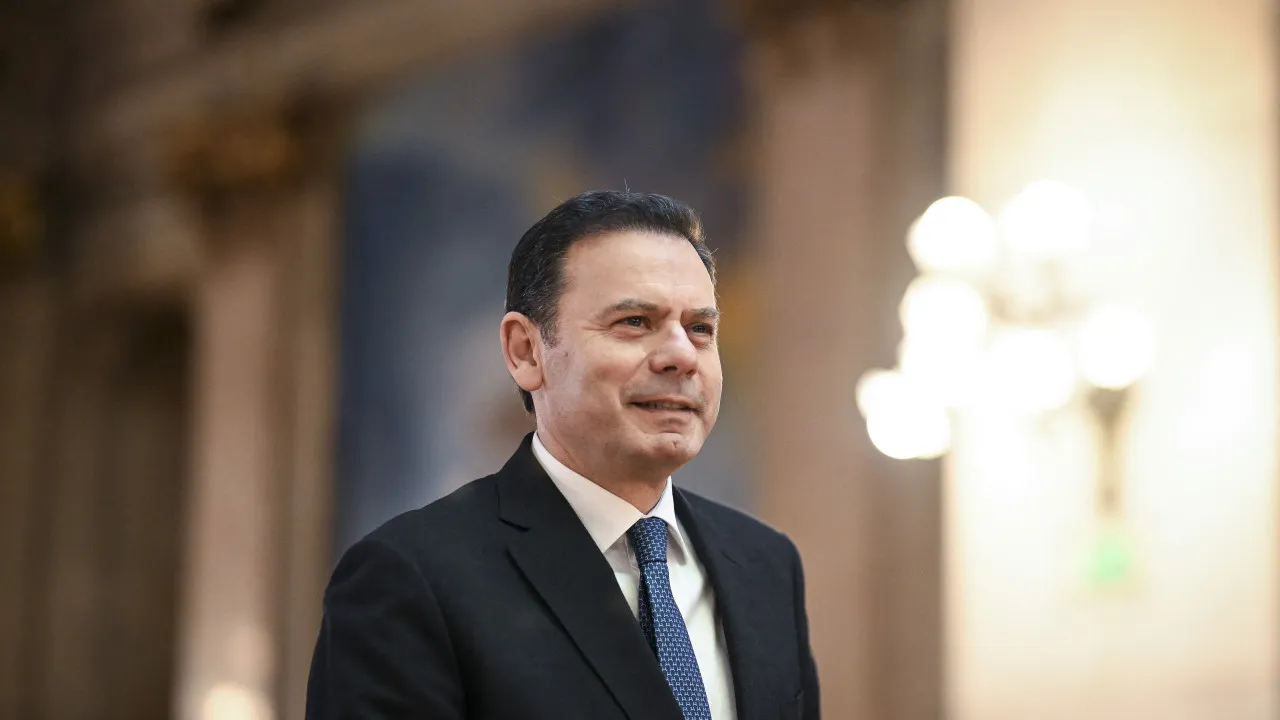
© PATRICIA DE MELO MOREIRA / AFP) (Photo by PATRICIA DE MELO MOREIRA/AFP via Getty Images
The Prime Minister, Luís Montenegro, announced on Wednesday that the Portuguese government aims to achieve a defense investment of 3.5% of GDP “in the next 10 years.” This goal is expected to be a topic of consensus at the NATO summit in The Hague.
“We have a perspective of reaching an investment that can generate consensus at the summit, potentially reaching 3.5% of GDP in the next 10 years,” he stated during a press meeting on the sidelines of the Atlantic Alliance meeting.
The head of government assured that the administration would support the “effort” for defense investment, committing to reach 2% of GDP this year.
“We have already committed to achieving 2% of our GDP in defense investment this year, a commitment that will continue over the coming years, within a balanced context that will not compromise our financial situation or our responsibilities to all public services,” he affirmed.
Montenegro further clarified that the government views “this new phase not as merely increased spending, but as increased investment.”
“We do not just want to spend more money; we want to invest more in our industry to generate an economic impact,” he stated.
The Prime Minister emphasized that “Portugal is ready to be part of a summit marking a new phase, ensuring the unity of the Atlantic Alliance, fostering solidarity between Europe, the United States, and Canada to secure the rights, freedoms, and guarantees for our citizens.”
He also highlighted a “new ambition that will emerge from this meeting concerning security and defense, aiming for a NATO with greater deterrence and protection capability for its territorial space.”
“For this purpose, we will all need to make an effort, and this is a significant milestone in assuming a shared responsibility, particularly within Europe, to align with an investment level compatible with the major challenges, to face threats, and ensure that European and Portuguese citizens enjoy democracy, fundamental rights, and the possibility of continuing to be a sovereign nation, with our allies forming a deterrent space against any threat,” he summarized.
[News under update]




